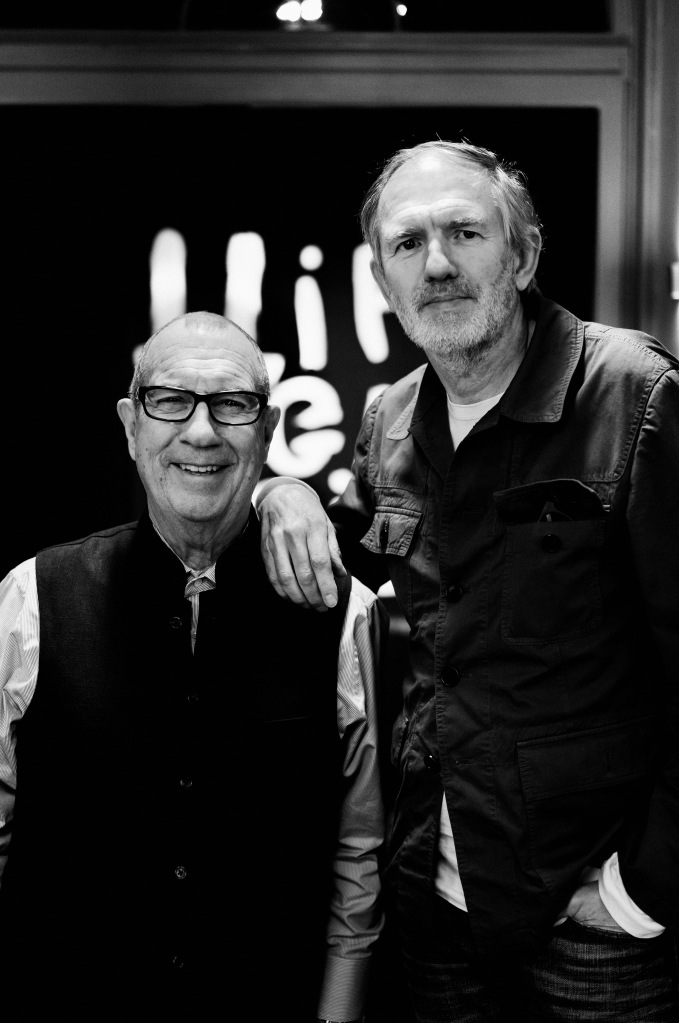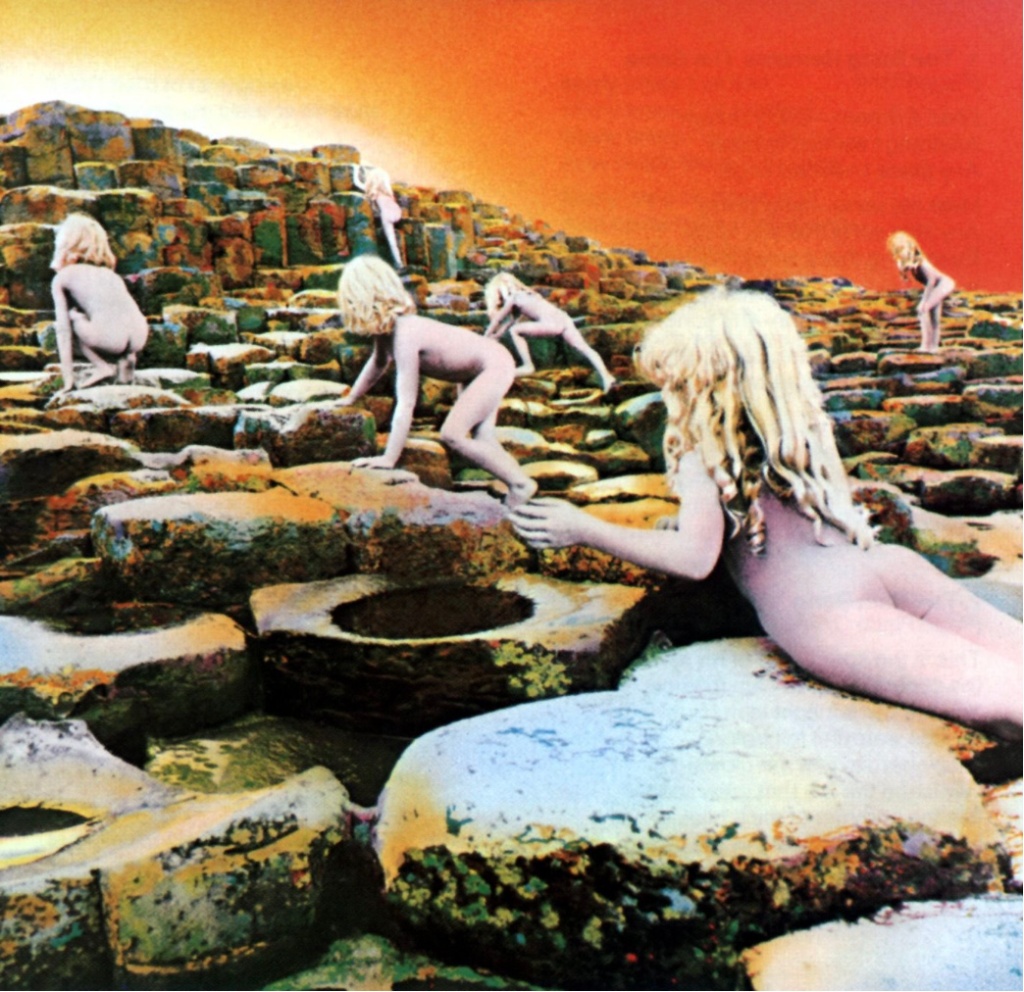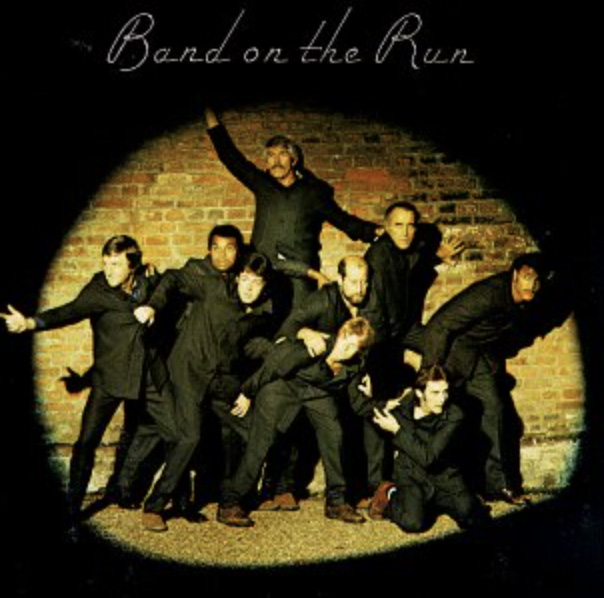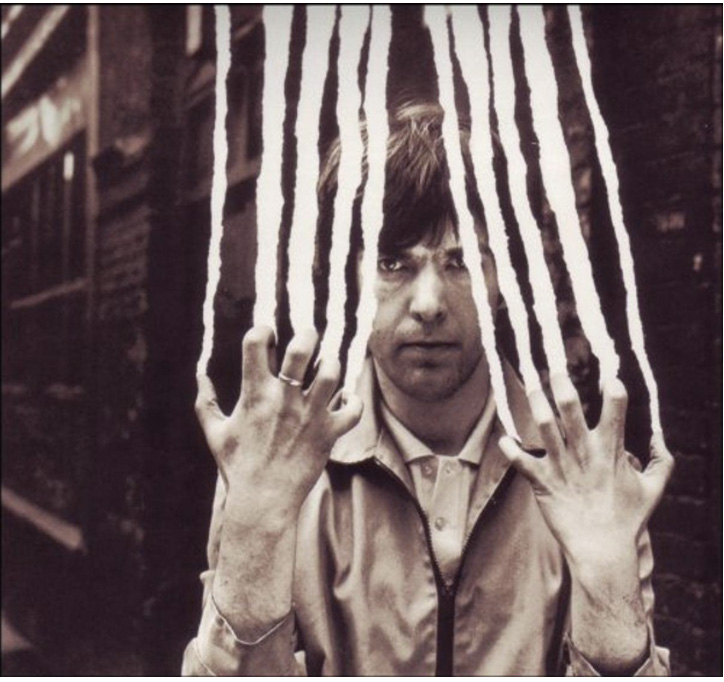Best 1970s rock album covers revealed in new documentary
Before the age of the internet and social media, it was all about album covers.
And London-based art design studio Hipgnosis created some of the most iconic art, for classic rock acts such as Pink Floyd, Led Zeppelin and Paul McCartney’s post-Beatles band Wings.
The new documentary “Squaring the Circle (The Story of Hipgnosis)” — which opened at NYC’s Film Forum on Wednesday and rolls out nationwide later this month — goes inside the studio that created the visuals for some of the biggest acts of the 1970s.
“The importance of an album sleeve will never be the same as in the ’70s, and to make a documentary about the most prominent album covers of the era that are all done by one design team is really important for people who have missed that period,” said renowned rock photographer Anton Corbijn, who directed the film. “Even though vinyl sales have surged again, it’s like a period that’s gone.”
Here, he and Hipgnosis co-founder Aubrey “Po” Powell dish on some key album covers.
Pink Floyd, “The Dark Side of the Moon”
Of all the classic LP covers to come out of Hipgnosis’ visionary factory, Pink Floyd’s 1973 concept album boasts the most iconic image of them all. After a cow was famously featured on the curious cover of 1970’s “Atom Heart Mother,” Powell, who started Hipgnosis along with the late Storm Thorgerson, said that the band wanted “something more graphic or simple.” He found inspiration from an unlikely source: physics. “I happened to be looking through a book about the refraction of light and suddenly Storm said, ‘I’ve got it! We need to do a pyramid with a refraction of light.’”
Pink Floyd, “Wish You Were Here”

By the mid-1970s, Pink Floyd had grown disillusioned with the music industry, griping about artists getting “burned” in the business. So for the cover of their 1975 album, the band sought a literal depiction of that with a stuntman who — in an era before digital effects — actually had to be set on fire for multiple takes. “When I was younger, I didn’t realize the context of the fire,” said Corbijn. “You could create the same effect now with digital easily. But it makes it better that he’s really on fire.”
Led Zeppelin, “Houses of the Holy”

For Hipgnosis’ first collaboration with Led Zep, they were tasked with coming up with the album cover of the band’s 1973 classic. “I got a phone call from Jimmy Page asking to do an album cover for them,” said Powell. “I said, ‘Of course, but can we hear some music? Is there a title?’ ‘No, no — just come up with some ideas.’ And one of the ideas was taken directly from Arthur C. Clarke’s book ‘Childhood’s End.’” But Powell admits that the photos of two naked children — Stefan and Samantha Gates — taken at the Giant’s Causeway in Northern Ireland wouldn’t fly today. “Of course you could not do that cover now,” he said. “It would be problematic.”
Wings, “Band on the Run”

Paul McCartney was forever fleeing from the Beatles, so on his third album with Wings, he wanted to drive home that departure. “Symbolically, it’s him escaping from the Beatles,” said Powell. “And from that moment onwards, our relationship with Paul McCartney went on for 15 years, and we did nearly everything for him in terms of album covers, etc. And it was a joy. It was a bit like working with an arts-school student, because he was always tearing up bits of paper and scribbling notes.”
Peter Gabriel, “Peter Gabriel (Scratch)”

After seeking out Hipgnosis in 1977 for his first post-Genesis solo LP, Gabriel returned to the studio for his second self-titled set in 1978, which is known as the “Scratch” album. It was one of the few times that an artist was actually featured on a Hipgnosis cover. Still, it was hardly a typical portrait. “He was looking for an idea, and he’d go rummaging around the studio looking for old ideas that had been discarded for other acts,” said Powell. Gabriel discovered something that Hipgnosis had done in posters for a theater troupe: “He said, ‘Oh, I love the idea of scratching myself out of the picture. Can you do that for me?’ ”
Read the full article Here


